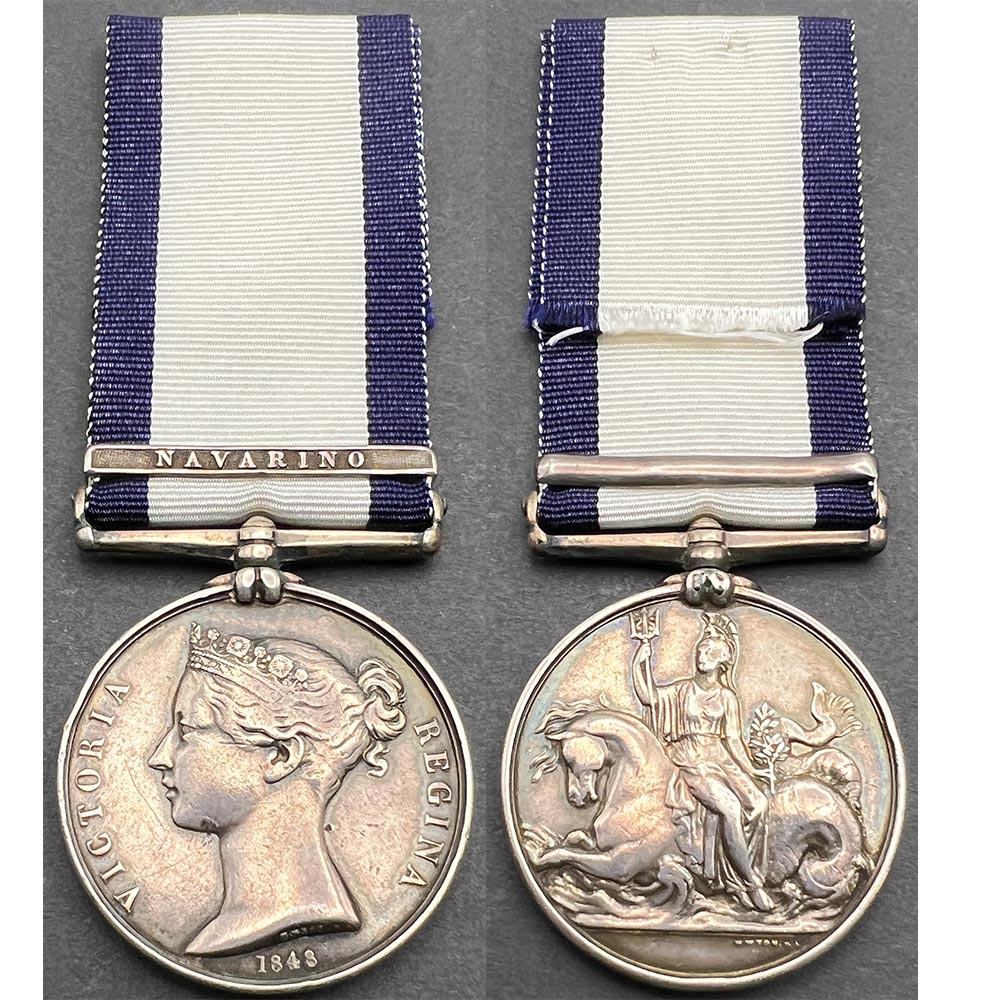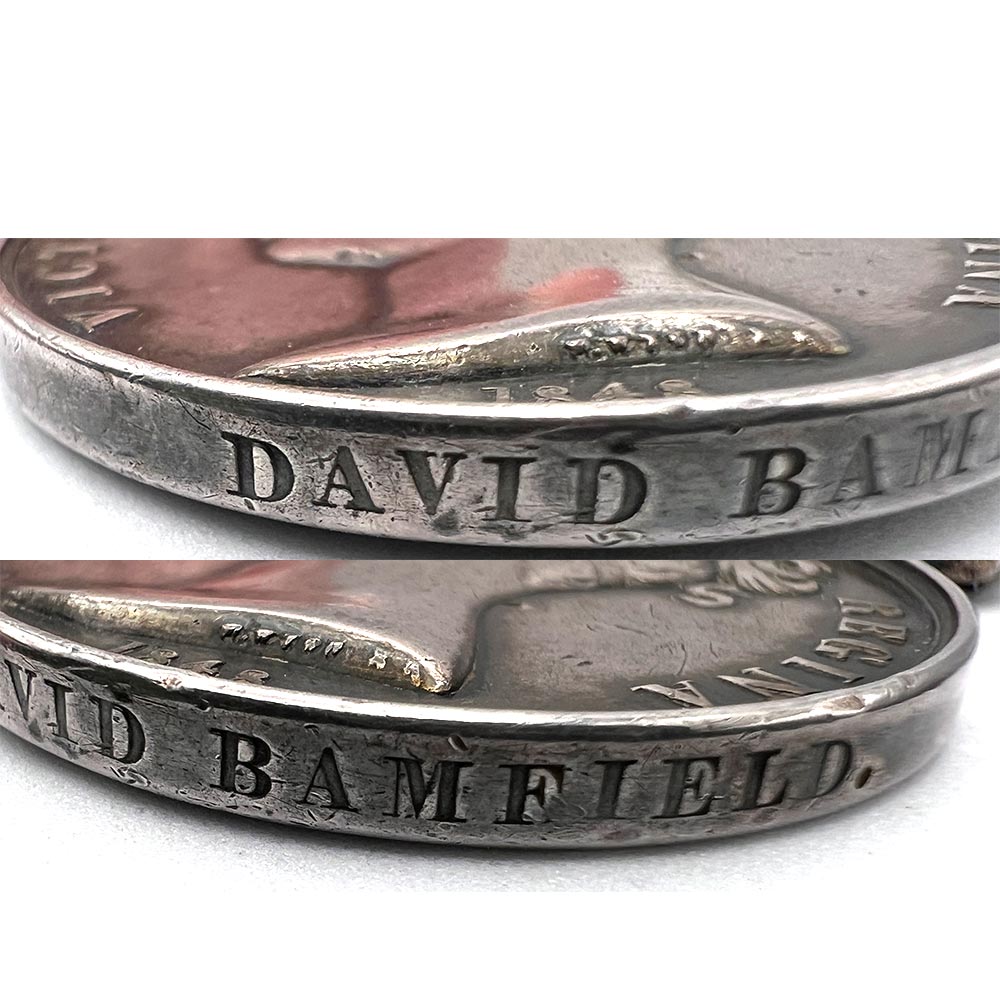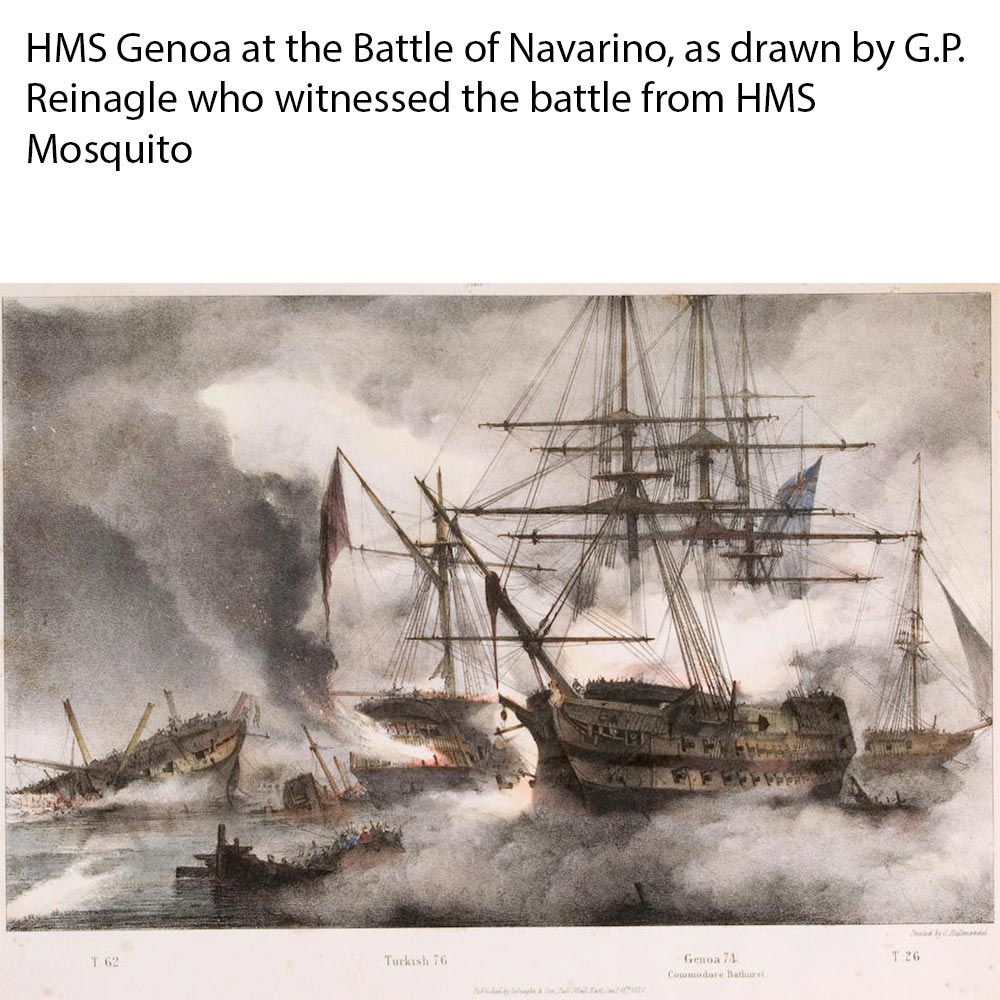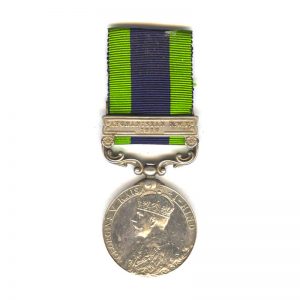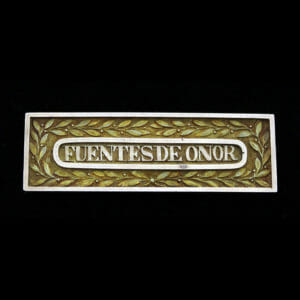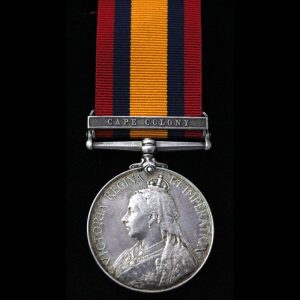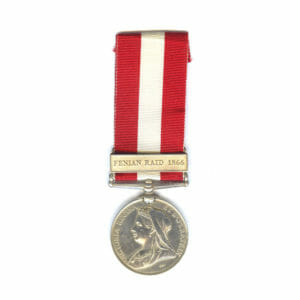Description
Naval General Service Medal, bar Navarino, David Bamfield, a Royal Marine on board HMS Genoa during the Battle of Navarino, Greek War of Independence, 1827.
Officially impressed: “DAVID BAMFIELD”
Confirmed on the medal roll, a unique name.
Some polishing to obverse.
Provenance: Sold in Glendinings during September 1923, then DNW 29th July 1992 and Dixons April 2015.
With extensive digital research into his career copied from the original records at the National Archives (about 66 images, including ships book entries etc), beginning during 1813 in the Napoleonic Wars up to about 1828 after the end of Navarino.
On 20th October 1827, Royal Marine David Bamfield was on board HMS Genoa, during the Greek War of Independence.
During the battle where he would later earn this medal and clasp, the Genoa received heavy fire during the battle being tasked with supporting the Flagship HMS Asia, which resulted in high casualty numbers.
During the fighting, the Turks fired their guns high into the Genoa, killing so many Royal Marines on the poop deck that they were then forced to retreat down into the lower quarterdeck to lessen the casualties.
As a result, the Genoa had the highest casualties of any British Ship present, taking 26 casualties including her Captain, Capt Bathurst who was injured early on by a large splinter that lacerated his face, and was against hit by a round shot later on lead to his death in his cabin. The command was passed on to his backup, Commander Richard Dickinson.
Admiral Edward Codrington would describe the manoeuvres of the Genoa in assisting his flagship during the battle was “Beautiful”. Capt Charles Leonard Irby was appointed by Codrington to get the Genoa back home, and after arriving back in Plymouth by November, Bamfield was discharged.
“A Marine on board the Genoa had one of his arms shot off in the heat of the action. He cooly took up the severed arm and laid it on the shelf piece above him saying ‘There’s an example for you all’.”
David Bamfield, was born in Beer, Devon, circa 1796-7, a seaside village in East Devon.
He first became a new Recruit of the Royal Marines on 30th September 1813 with the 141st Company, Royal Marines at Plymouth.
Set off from Plymouth on HMS Hannibal on 22nd November 1813, intending to be transferred over the HMS Cressy
Joining HMS Cressy from the 1st November 1813 to 26th May 1814 commission, along with a large number of Royal Marines, who were discharged from the ship between 15-18th February 1814.
A letter sent by Captain Michael Seymour of HMS Hannibal at St Helier on 13th December 1813 recalls this:
“Dear Durgate, I spoke to Lord Keith about you, and he of course agreed to your leave and after you left Plymouth at 8 at night.
I was sent for, as we could not get out that afternoon from Southerly wind and flood tide, and I had orders to receive 240 Royal Marines, for St Helier, and to proceed with all of Lord Keith’s servants thither where I had hard time of 5 days, and against expectations made by trip and grave the Marines to HMS Cressy, which took them to the eastward and I was sent to cruise between the Osiers and Beachy Head for any of the Scheldt Ships that might attempt to run in the event of the Alies advancint to Antwerp.”
Barely a month after being dropped off from the ship, the Hannibal would take part in the last frigate to frigate action HMS Hebrus against the L’Etoile, which led to the later “Hebrus L’Etoile” Clasp. Marine Bamfield however had as mentioned in the letter been dropped off on the Cressy.
Served on HMS Eden for the commission of 31st August 1822 to 22nd July 1826.
During this period, the ship departed Plymouth Dock with the Squadron under Commodore Sir E. Owen KCB, bound for the West Indies.
She spent time around Jamaica, Barbados in the West Indies region.
Served on HMS Vigilant, a Cutter, from 8th April 1825 to 31st December 1826, being discharged to the RM HQ at Plymouth on 15th August 1826.
Served on HMS Spartiate from Jan to April 1825, being discharged to the Genoa on 17th April 1825, the ship’s books note that he was “From Plymouth HQ, to join the Genoa by the Falcon Tender”.
He would then take part in the Greek War of Independence, including the Battle of Navariono, during HMS Genoa’s commission of 1st May 1825 to 21st January 1828.
The ship’s books noting he joined from the Spartiate, and was discharged on 13th July 1827.
In later life by the time of the 1851 Census, around the time the medals were distributed, he was living in St Mary, Stafford, with his wife Elizabeth.
It appears that the seaside born David, had married a Barton, Staffordshire born Woman, and moved there.
By 1851 he was working as a Sawyer and his wife a Laundress.
